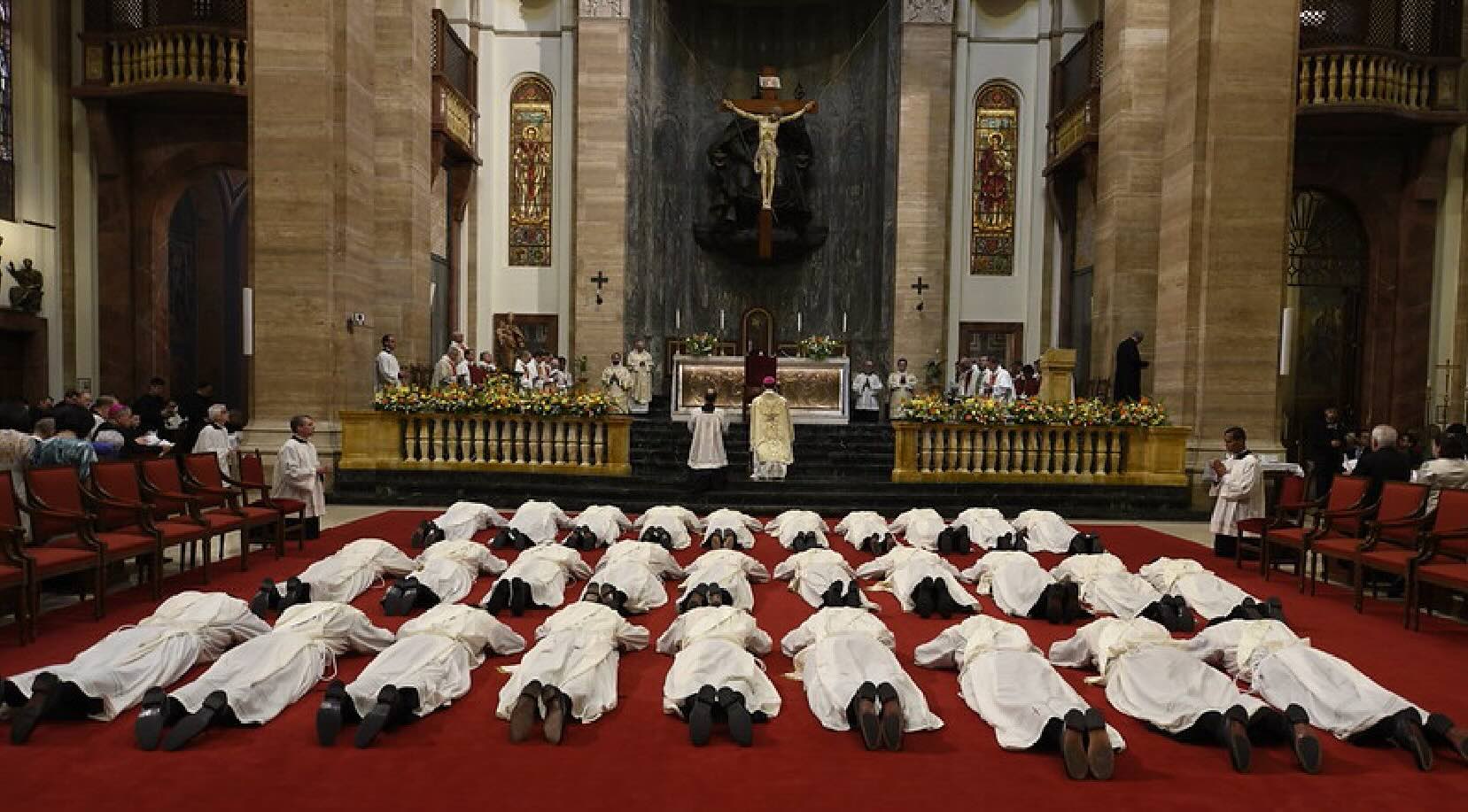
Opus Dei, a Catholic institution, often sparks curiosity and debate. Founded in 1928 by Saint Josemaría Escrivá, its mission is to spread the message that everyone can find holiness in daily life. But what exactly is Opus Dei? Is it a secretive society or a misunderstood group? This article will dive into 20 intriguing facts about Opus Dei, shedding light on its history, beliefs, and practices. From its unique approach to spirituality to the controversies that surround it, you'll gain a clearer understanding of this enigmatic organization. Whether you're a curious observer or a devout follower, these facts will provide valuable insights.
What is Opus Dei?
Opus Dei, a Catholic institution, often sparks curiosity and intrigue. Founded in 1928 by Saint Josemaría Escrivá, it aims to spread the message that everyone is called to holiness and that ordinary life can lead to sanctity. Here are some fascinating facts about Opus Dei.
-
Founded in Spain
Opus Dei was established in Madrid, Spain, on October 2, 1928. Saint Josemaría Escrivá had a vision that led to its creation. -
Meaning of the Name
The name "Opus Dei" is Latin for "Work of God." It reflects the belief that everyday work and activities can be a path to holiness. -
Global Presence
Opus Dei operates in over 60 countries, with members from diverse cultural and social backgrounds. -
Membership
There are approximately 90,000 members worldwide. These include both laypeople and priests. -
Numeraries and Supernumeraries
Members are divided into numeraries, who commit to celibacy and often live in Opus Dei centers, and supernumeraries, who typically live with their families.
The Mission and Activities of Opus Dei
Opus Dei's mission revolves around helping individuals find God in their daily lives. This mission is carried out through various activities and initiatives.
-
Spiritual Guidance
Members receive spiritual direction and guidance to help them integrate their faith into everyday life. -
Educational Initiatives
Opus Dei runs schools, universities, and educational programs worldwide, focusing on academic excellence and moral education. -
Retreats and Workshops
Regular retreats and workshops are organized to help members and non-members deepen their spiritual lives. -
Social Outreach
Opus Dei engages in numerous social initiatives, including healthcare, vocational training, and support for the underprivileged. -
Publications
The organization publishes books, articles, and other materials to spread its message and teachings.
Controversies and Misconceptions
Opus Dei has not been without controversy. Various misconceptions and myths surround the organization, often fueled by media portrayals.
-
Secrecy Allegations
Some accuse Opus Dei of being secretive. However, the organization maintains that it operates transparently and openly. -
The Da Vinci Code
Dan Brown's novel "The Da Vinci Code" portrayed Opus Dei in a controversial light, leading to widespread misconceptions. -
Mortification Practices
Opus Dei members sometimes practice corporal mortification, such as wearing a cilice. This practice is often misunderstood but is meant as a form of penance. -
Independence from the Vatican
While Opus Dei is a personal prelature of the Catholic Church, it operates independently of the Vatican in many respects. -
Criticism from Former Members
Some former members have criticized the organization for being overly controlling. Opus Dei responds by emphasizing the voluntary nature of membership.
Notable Members and Influence
Opus Dei has had several notable members who have made significant contributions to society.
-
Saint Josemaría Escrivá
The founder, Saint Josemaría Escrivá, was canonized by Pope John Paul II in 2002. -
Influential Figures
Several influential figures in politics, business, and academia are members of Opus Dei, contributing to its global impact. -
Support from Popes
Various popes, including John Paul II and Benedict XVI, have expressed support for Opus Dei and its mission. -
Canonizations
Apart from Saint Josemaría, other members have been beatified or canonized, highlighting their contributions to the Church. -
Cultural Impact
Opus Dei's teachings and initiatives have influenced various aspects of culture, including education, social justice, and personal spirituality.
Final Thoughts on Opus Dei
Opus Dei, often shrouded in mystery, is a fascinating organization within the Catholic Church. Founded in 1928 by Saint Josemaría Escrivá, it emphasizes the sanctity of daily work and ordinary life. With over 90,000 members worldwide, it has a significant global presence. Despite controversies and misconceptions, Opus Dei remains committed to its mission of promoting holiness in everyday activities. Understanding its history, beliefs, and practices can help demystify this unique institution. Whether you're intrigued by its spiritual teachings or curious about its influence, Opus Dei offers a compelling glimpse into a distinct aspect of Catholicism. Keep exploring and learning to form your own informed opinions about this intriguing organization.
Was this page helpful?
Our commitment to delivering trustworthy and engaging content is at the heart of what we do. Each fact on our site is contributed by real users like you, bringing a wealth of diverse insights and information. To ensure the highest standards of accuracy and reliability, our dedicated editors meticulously review each submission. This process guarantees that the facts we share are not only fascinating but also credible. Trust in our commitment to quality and authenticity as you explore and learn with us.
